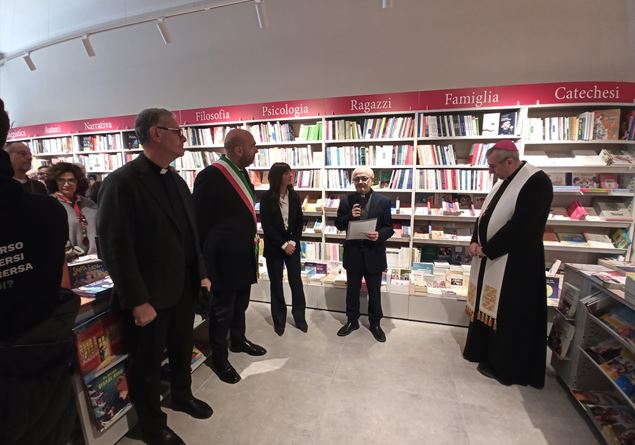The day after the approval in third reading, which took place on 18 September, of the bill on the so -called separation of careers, To keep the bench in the debate is in addition to the merit, the method: first a so -called “armored” text, approved without amendments in the first two readings, now a “river seat” to proceed in forced stages.
We asked Francesco Rigano, professor of constitutional law at the University of Paviato help us understand.
Professor, how to explain all this to non -professionals?
«The constitutional revision procedure is divided into three phases. The first two are similar to that of the approval of any law, so that the same regulatory text must be approved identical first by a chamber and then on the other. This also applies to the constitutional revision law. On the reform known as the separation of careers, even if it is not limited to this, we had a first approval of both the Chamber and the Senate which ended last July. In this first phase the text is approved without the request for particular majorities and it is possible to submit amendments. The peculiarity of the constitutional revision procedure is that the second phase opens (the one in which the separation is located now), always in front of the parliament, which is particular “.
Can you explain the peculiarity?
«First of all because each branch of Parliament must reapprose the text that has already been approved in the first phase, respecting a term of at least three months compared to the first approval. So if the Chamber of Deputies approved the text in its first lap, we place, on May 10, the second approval will have to take place at least three months later. So for the Senate. In this second phase, parliamentary regulations establish it, it is not possible to present amendments: it means that we must interpret this third and fourth vote as a testing of the political approval of the project. In this respect, on the reform on justice the comparison has been compared, and has returned us the image of a fracture, which emerged very clearly “.
Have there been controversy for the so -called “river seat”, was there a forcing?
“There was some obstructionism by the majority. They enrolled, they spoke for a long time and then we arrived at the final approval in contingent times by the postponement of a previous session. So there is no doubt that the parliamentary mechanism was “forced”, in concentrating all the debate in a single day and a half. But we are in the context of legitimacy, just as the obstructionism techniques that are certainly legitimate when I am in the hands of the minority are, but they leave me a little perplexed when it is the majority that uses them, but this too is still part of parliamentary games “.
The approval took place by majority, but not with 2/3. Do you go to the referendum?
“If the constitutional revision law is approved, as in the case we are talking about, with a majority between the absolute majority and 2/3 without reaching them, the possibility of the constitutional referendum opens but it is a possibility not a necessity”.
Yet on the one hand, Minister Tajani announced the preparation of the Committee for the yes, the National Association of Magistrates was activated for that for the NO. Are they all running too much or is the referendum almost obvious?
«Because there is the Refendum must be requested by 500,000 voters or 5 regional councils, or by a fifth of the members of one of the rooms. On paper it is all possible, but it is almost certain that one or more of these requests will activate. We had about twenty laws that changed the Constitution, those prior to 1970, the year of the ordinary law that governed the referendums, have been approved with 2/3 or have not been approved. Afterwards there were four constitutional referendums: that of the 2001 Title V, passed with the yes; Those of the reforms of 2006 and 2016 (the so -called reforms Berlusconi and Renzi editor’s note) rejected with the no and that for the reduction of the number of parliamentarians who passed with the yes in 2020 “.
What do these previous ones tell us?
“That only the last one, the one on the reduction of parliamentarians, asked citizens a dry answer, immediately understandable, to a unique question, while for everyone while for all the others the question was dysmogeneous and complicated”.
Will it also be on the so -called separation of careers?
«Yes, because citizens will have to express themselves with a unique vote on three themes, without being able to distinguish: separation of careers, division of the superior council and high disciplinary court. The dysomogeneity of the topics subject to revision forces the citizen who votes to everything to everything or not to everything and this and this ends up compromising the freedom of vote to everything, the citizen who votes. Even on the merits it does not seem easy to get a clear idea for ordinary mortals. A great job of accurate information will be needed to prevent it from voting without having understood, siding only for political belonging ».










